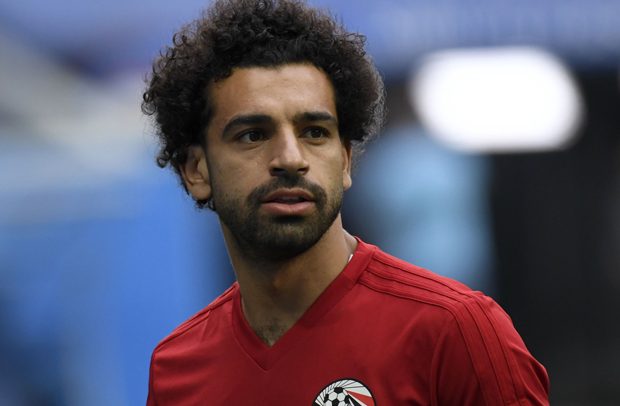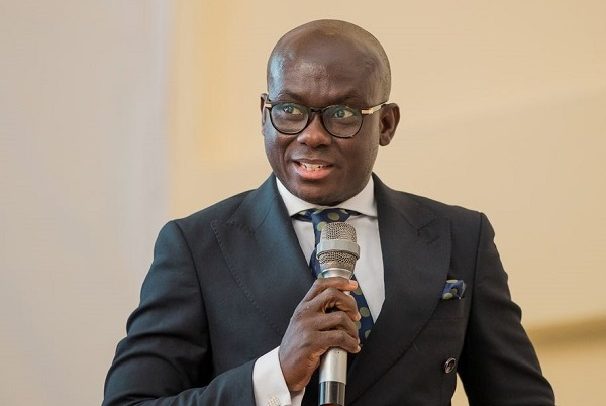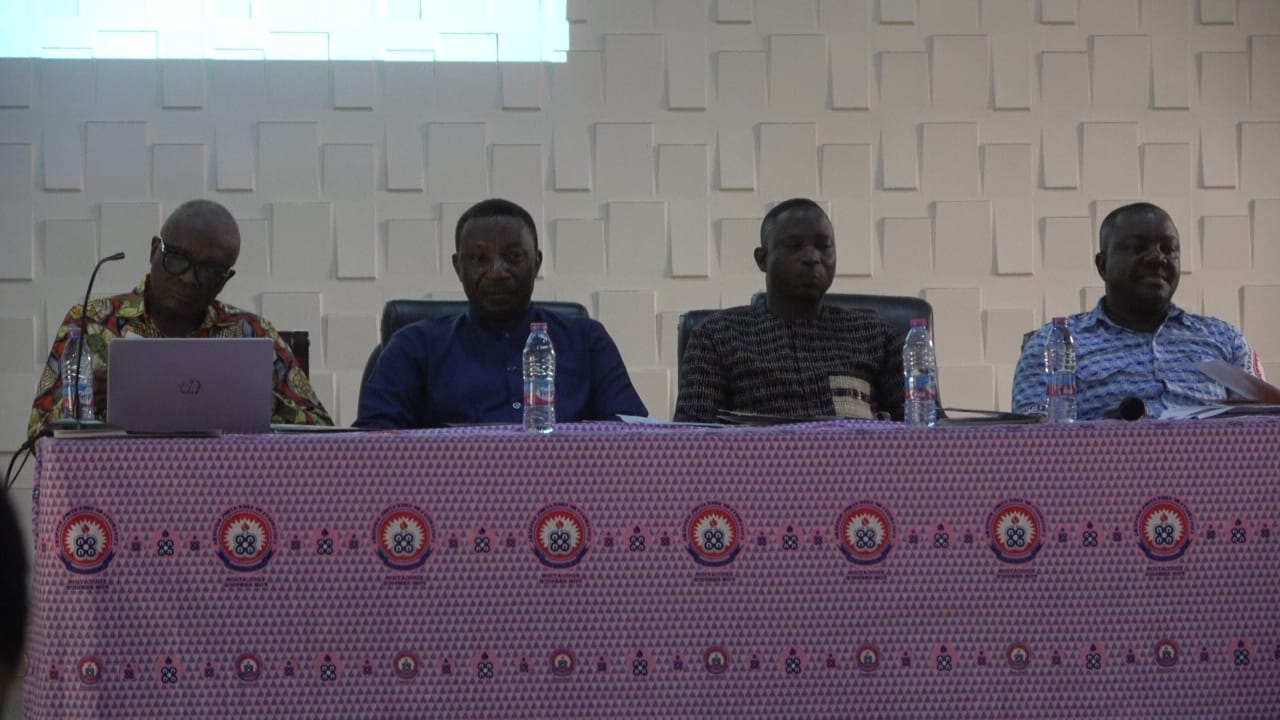
The United Nations Resident Coordinator, Charles Abani, has told anti-corruption campaigners in Ghana that corruption undermines the principles of good governance and that, if successfully tackled in Africa, it will have no business with the International Monetary Fund.
According to him, even though Ghana has sought help from the IMF, if the money does not have the impact it is supposed to have, then Ghana will not come out of the poverty problem it is facing.
He was speaking at media engagement and sensitisation workshop on the implementation and evaluation of the National Anti-Corruption Action Plan (NACAP) in Accra recently.
Mr. Abani contended that corruption betrays people, undermines democracy, instils conflicts everywhere and steals trillions of dollars from people all over the world, especially the people in need.
“The fight against corruption is extremely important if we are to achieve the SDGs. It obstructs the stability of economic progress and infringes upon the fundamental human rights of the people,” he bemoaned.
A deputy Commissioner of the Commission for Human Rights and Administrative Justice (CHRAJ), Mercy Larbi, on her part called on stakeholders to join hands in support of the efforts to combat corruption through the National Anti-Corruption Action Plan (NACAP).
The NACAP is a ten-year action plan covering the period 2015 to 2024. The plan was developed by stakeholders from the public sector (Office of the President, Parliament, Judiciary, Ministries, Departments, and Agencies, Metropolitan, Municipal, and District Assemblies, Civil Society and the Media) in pursuit of a unified and coherent front for combating and preventing corruption in Ghana.
It seeks to build public capacity to condemn and fight corruption, to make corruption a high-risk, low-gain activity and to institutionalise efficiency, accountability and transparency in the public, private and not-for-profit sectors.
Also, it will engage individuals, media and Civil Society Organisations (CSOs) in reporting and combating corruption and conduct effective investigations and prosecutions of corrupt conduct.
Madam Mercy Larbi, in her welcome remarks, said that in 2014, Ghana adopted the NACAP as the national strategy for implementing the UNCAC and combating corruption, which had become a menace to our society.
This year’s IACD’s celebration, which is being held under the theme: “UNCAC@20: Uniting the World Against Corruption,” she indicated, reflects on the positive changes brought about by the collective efforts driven by the United Nations Convention Against Corruption (UNCAC).
Additionally, examine the remaining gaps that require attention to ensure that this mechanism continues to strengthen in the years ahead.
Madam Larbi emphasised that the IACD emphasises the need to tackle corruption and its far-reaching consequences.
“Corruption undermines trust in institutions, hampers economic development and erodes social justice. Corruption poses a significant threat to sustainable development, democracy, and the rule of law.
“The day, therefore, seeks to mobilise individuals, governments, and organisations to take a stand against corruption and, by so doing, underscore the collective responsibility to fight corruption at all levels,” she stated.
The post If Africa tackles corruption, it will have no business with IMF-UN rep appeared first on The Chronicle News Online.
Read Full Story






















Facebook
Twitter
Pinterest
Instagram
Google+
YouTube
LinkedIn
RSS